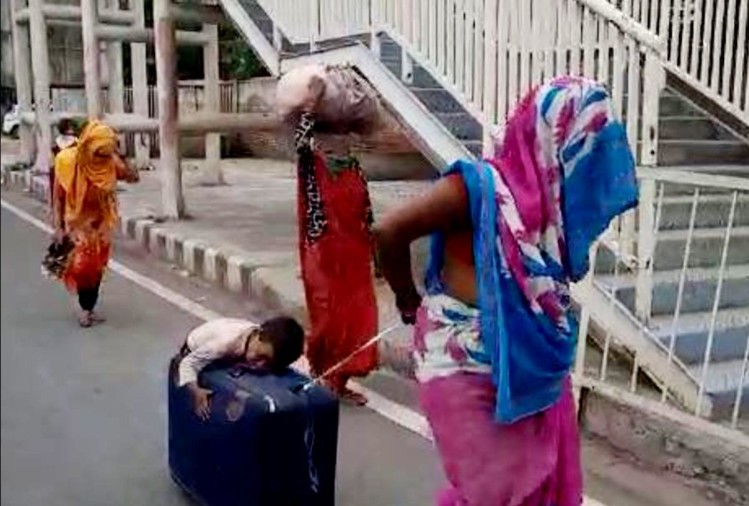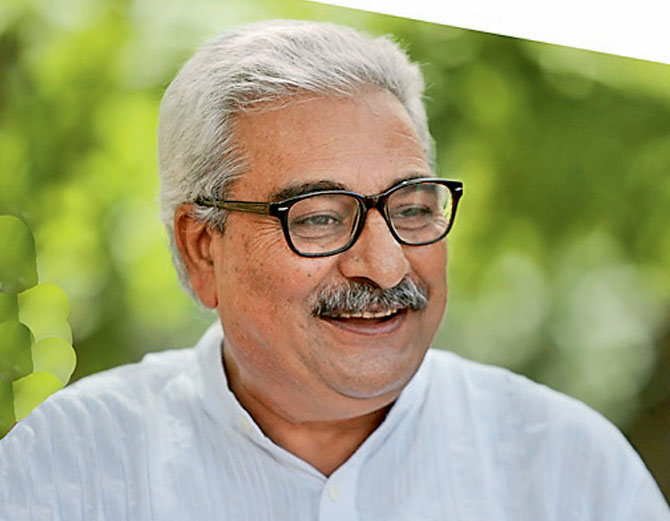A Battle of Life That I Will Win| Bansi Kaul
Celebrated Theatre Director Designer Padmashree Bansi Kaul’s letter of courage and determination on Social Media, as he fights cancer and exhorts everyone to build a better world

My very dearest friends!
My best wishes and love to all of you… to all those performers from across the country who have the cultural events I designed the most amazing spectacles… and to every person I have met on this journey called life. I have not been able to thank all of you for good wishes on my birthday.
I have been unwell and have been detected with cancer of the brain as well as the lungs. Yet I am sure I will pull through and that we will soon meet again. Your good wishes are my strength.
There is a little folk metaphor, which I think is important for all of us. Nature has given us the choice to call it God or faith to create your own heavens for yourself. Therefore, what you do… you do all kinds of bad deeds to reach that heaven. For this you kill each other… and therefore, when we reach heaven, we realize that our rules and conditions do not work thee. We come face to face with two gates. One leads to the heaven that you have created for yourself… and the other gate is one that gives you the entry to inner peace. There is none of the worldly joys that give us only momentary joy and satisfaction.
This second gate leads to an amazingly beautiful world. So, thus, here too you must decide whether you will enter the gate for which you have fought? The world here no longer works according your whims and fancy. Your rule works so long you are a part of this transient world. In this short-lived world one wants to reach heaven at any cost, be it murder, plunder, or cheating. One is foolish enough to believe that this is best path to heaven.
Every community has its own imagination of what heaven might be. But when one is confronted with those two gates, one must decide which gate to enter… the gate that leads to the heaven that you have imagined or the gate that leads to inner peace, love, kindness and faith, where being there for each other is most important.
There will be no space for making mistakes in this final choice. The decision to enter one of the gates will only, and only, be yours! We are in times where displacements are the rule… displacements from physical spaces, nature, and natural sounds, from cultures, from one’s own family and friends. Scenes of daughters and sons carrying their aged parents across the country to a safer place during the lockdown, and children falling asleep on suitcases being rolled along are etched in my mind. All these painful experiences must be stopped.

This can happen only when there is a sense of general well-being. Lal Ded says,
“In the midst of the sea, with unspun thread I am towing the boat; would that God grant my prayer and, ferry me too, across…” .
(Lal Vakh. No. 23)
We all need to hold a single rope to tow the boat of goodness, peace, mental and physical well-being, gratitude, kindness, and magnanimity across the sea of life.
So, dear friends… killing, hating, plundering, and cheating… all in the name of belief and faith will bring nothing. All of us must love each other, which can happen only if you get rid of hatred. The act of throwing a stone of hatred at someone has its repercussions. It will rebound. The hurt ultimately comes to oneself.
And so, we must make more and more friends to make the world a better place to live in. We need to pave a strong, durable long-lasting path for the coming generations. Let’s give them a better world. When we say we are 60% young India, let us not forget that after twenty years or so there will be a 100% old India! We must start thinking about this… and think fast. There must be a sense of collective strength. Strength can only be in togetherness, and in togetherness there are memories.

I smile reliving these memories. My smile turns into laughter. Laughter celebrates the miniscule cosmic interval between birth and death. In laughter I see celebration and protest at once. It becomes force to cut through every form of negativity. Therefore, laughter must be celebrated! – Bansi Kaul
